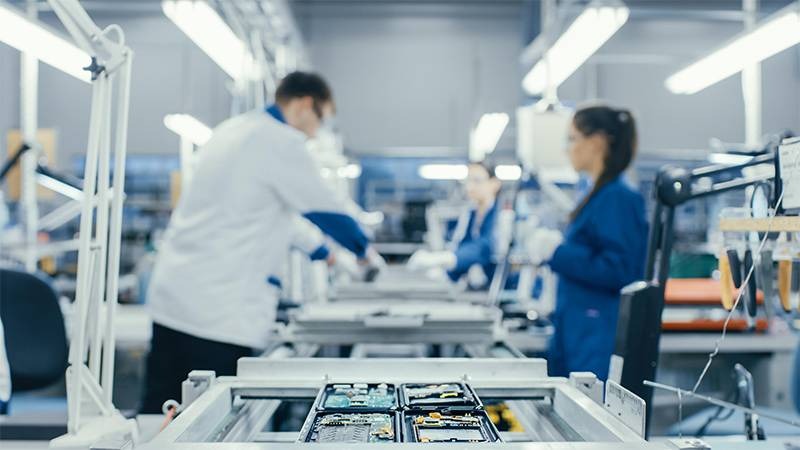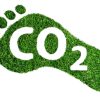In a groundbreaking development set to transform the battery industry, BASF, a leading battery materials manufacturer, has partnered with Nanotech Energy, renowned for its graphene-based energy solutions. Their collaboration aims to bring lithium-ion batteries composed of recycled materials to the North American market, a move expected to reduce the CO2 footprint of batteries by approximately 25%. This initiative, originating from a facility in Battle Creek, Michigan, marks a significant stride in environmental conservation efforts.
BASF is at the forefront of developing cathode active materials using recycled metals, and Nanotech Energy will leverage these materials to construct lithium-ion battery cells. The collaboration extends to the American Battery Technology Company (ABTC) and Canada’s TODA Advanced Materials Inc. ABTC will handle the recycling of materials such as nickel, cobalt, manganese, and lithium sourced by Nanotech, while TODA will transform these materials into battery precursors. BASF then converts these precursors into cathode active materials, completing the entire production cycle.
Lithium-ion batteries, crucial for a myriad of devices, including cellphones, laptops, and notably, electric vehicles (EVs), have underscored the urgency for improved recycling programs due to the substantial e-waste generated upon disposal. The collaboration between BASF and Nanotech Energy, along with ABTC and TODA, establishes the first closed-loop system in North America, enabling the production of lithium-ion batteries featuring locally recycled content.
According to The Verge, this venture aligns with the Biden administration’s efforts to expand the lithium battery supply chain and recycling initiatives in the United States, reflecting a broader governmental strategy to support the growing EV sector. The Department of Energy has allocated significant funding, including $3.1 billion for establishing battery production facilities and an additional $192 million aimed at fostering battery recycling. This signals a robust commitment to sustainable energy solutions and environmental preservation.
This collaboration represents a pivotal advancement in BASF’s global battery recycling operations, reinforcing the commitment to sustainable and environmentally friendly practices in the battery production sector. The integration of recycled materials in lithium-ion battery production not only mitigates environmental impact but also addresses the escalating demand for batteries in the tech and automotive industries, particularly in the expanding electric vehicle market.


















